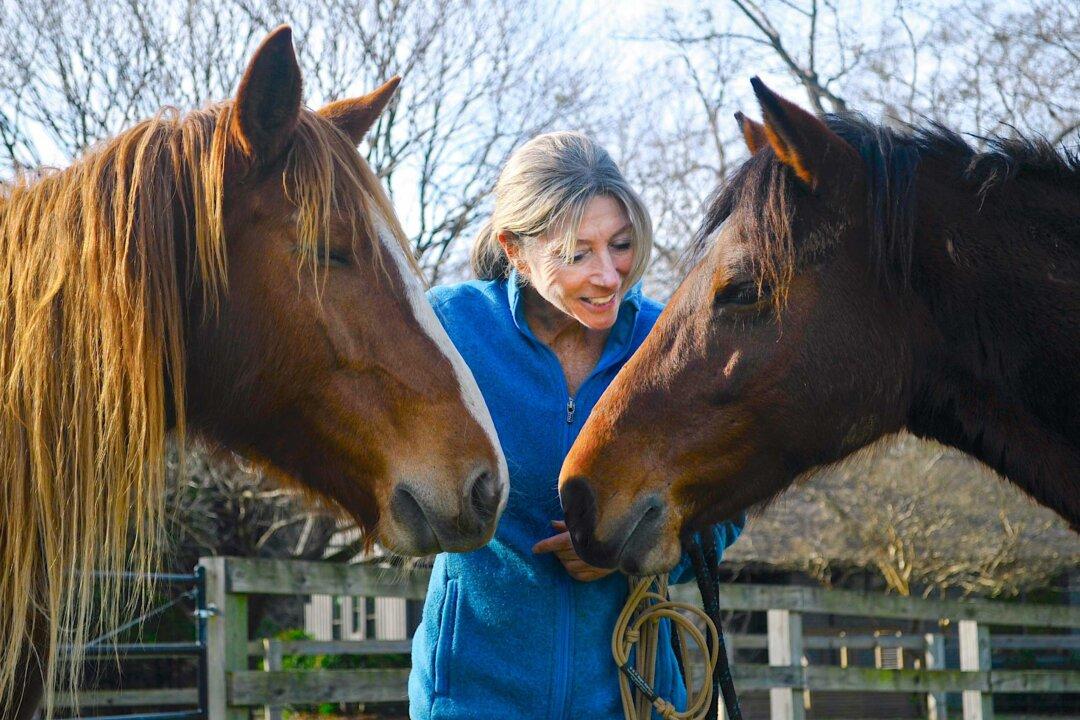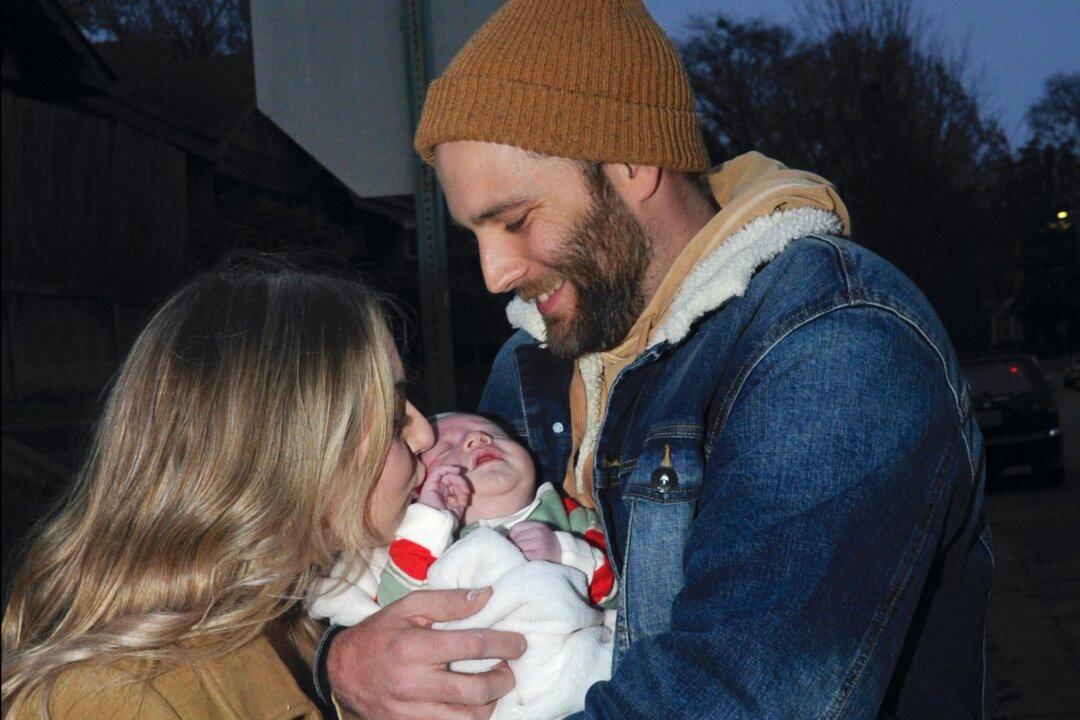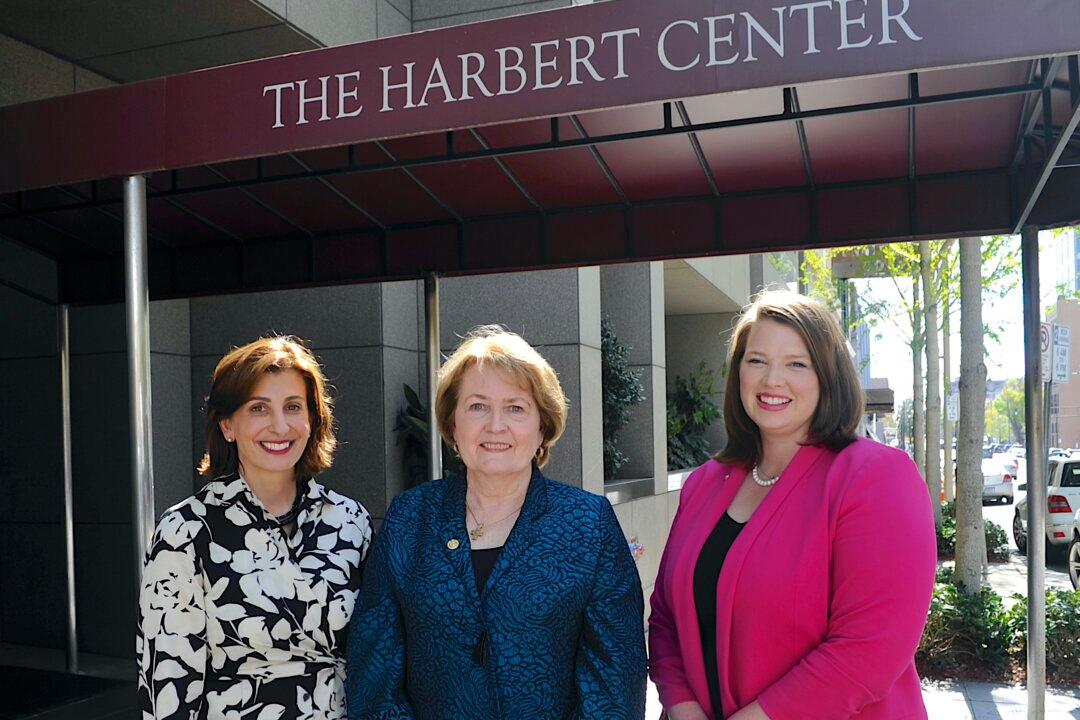Julian and Michele Maha are your typical “American dream” family. They live in a Birmingham suburb with two kids, a house, and two cars. It’s all there, even the furry pet in the backyard. But this American dream ended up dealing the Mahas a sobering reality. Their 14-year-old son Abram is autistic.
On a recent evening, the Mahas were making dinner. Their sons were nearby. Juda was doing his homework, and Abram was tapping his chest and gazing into the distance like he heard his name being called from a faraway land. “That’s his way of self-regulating,” Julian said. “Autistic kids have to recalibrate.”





